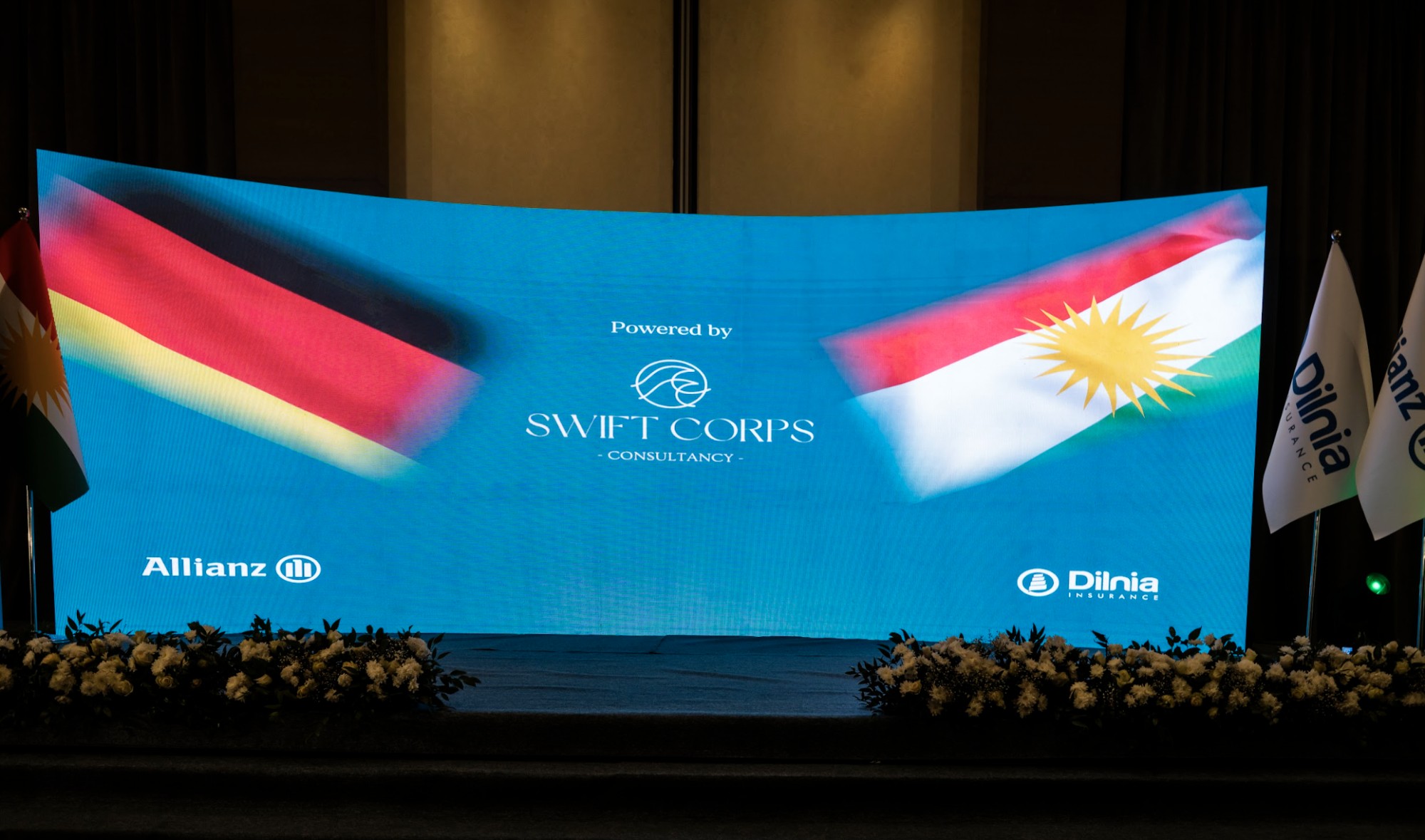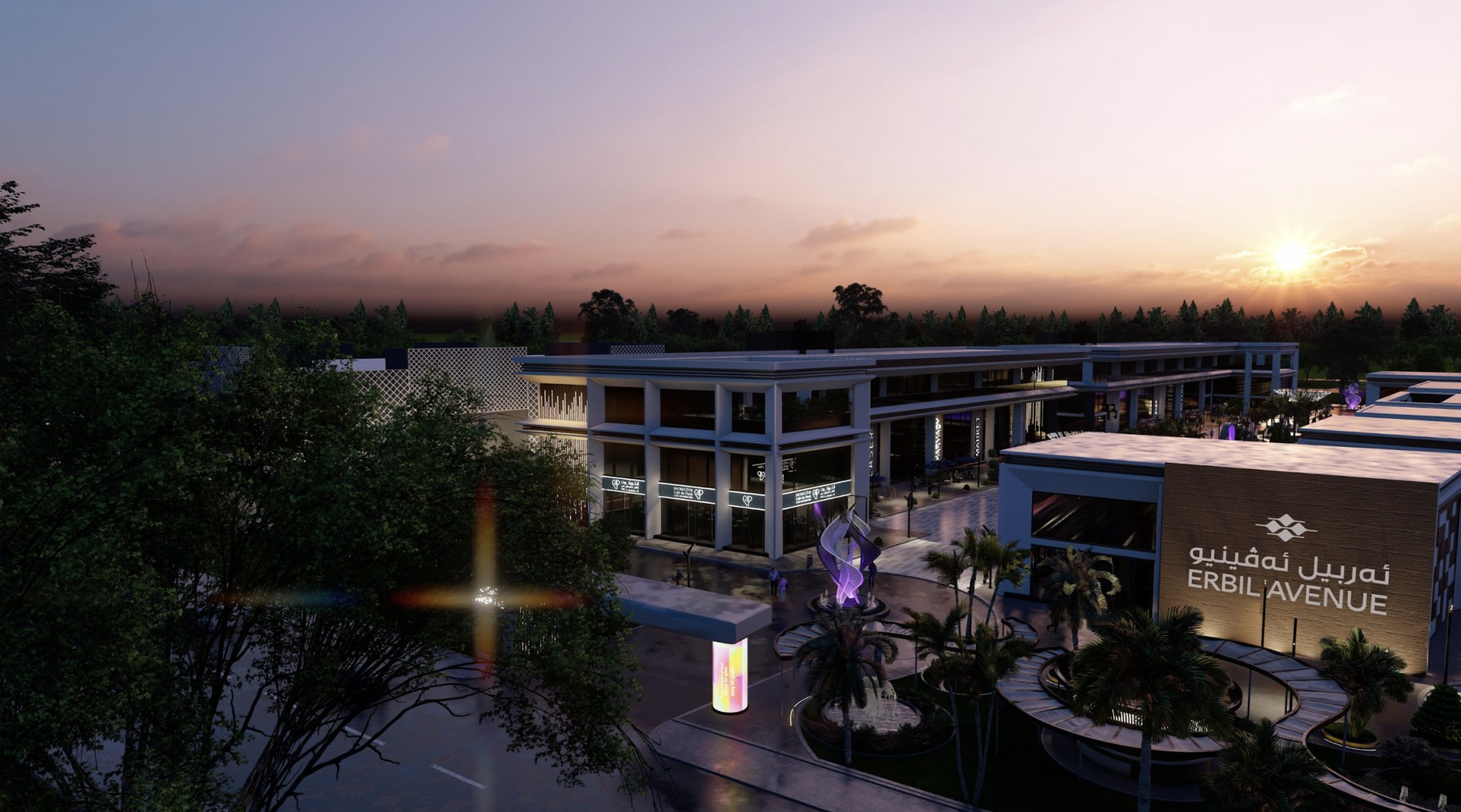As the third largest economy in the world, Japan undoubtably plays a significant role in the countries where it is involved. Japan’s diplomatic history with Iraq dates to 1939, when it opened its legation in Baghdad. This relationship deepened over the years, with the legation being upgraded to an embassy in 1960. Despite a temporary cessation of embassy functions in 1991 due to the Gulf War, Japan recognized the Iraqi Interim Government in 2004, and opened a consular office in Erbil in 2017.
Japan and Iraq have significant trade relations, with 58 billion yen of trade volume between the two countries, according to 2020 statistics from the Japanese Ministry of Finance. Moreover, Japan has been a substantial contributor to Iraq’s reconstruction, pledging $5 billion in financial assistance in 2003, providing grant, yen loan, humanitarian assistance, and debt reduction, totaling around $18.7 billion. This underscores Japan’s strong commitment to Iraq’s development and stability.
In an exclusive interview with the Japanese Ambassador to Iraq, Futoshi Matsumoto, Kurdistan Chronicle delved into his insights on the evolving dynamics of the Kurdistan Region of Iraq (KRI), the growing potential for collaboration between Kurdistan and Japan, and his observations on the region’s transformation over the years. Below is the transcript of Ambassador Matsumoto’s interview with Kurdistan Chronicle that has been edited for length and clarity.

Kurdistan Chronicle (KC): When was your first visit to the KRI and what was your first impression?
Futoshi Matsumoto (FM): My first visit to the KRI, particularly Erbil, was sometime in late 2016. At that time, I was based in Beirut and Damascus and had a chance to visit. Then I came last year after I assumed my position in Baghdad as Ambassador of Japan to Iraq. During those six years, I observed many developments in Kurdistan. Also, the younger generation are assuming important positions in the Kurdistan Regional Government (KRG).
Therefore, my impression about change in Kurdistan is that it has happened quickly. Old timers are fading, and the new generation is coming. There is obviously a much younger population here in the KRI, so we shouldn’t expect things to move at a very slow pace like in Japan where we have a rather mature population. Here change happens every day, be it positive or somehow negative.
While visiting universities across the KRI, I see very talented young people who are aspiring for their future. Many of them speak foreign languages, some even spoke a little Japanese. The important point here is how these people will find real opportunities. Some may go abroad to find success, but at the same time I can see that some Kurdish nationals who lived abroad for years are now returning to join the public or private sector. So, I’d say that there is a certain dynamism here, particularly among young people. That is the point that I’m betting on for the future development of the society.
This is about human capacity. The KRI should support the growth of its human capacity by providing job opportunities and appropriate training, as well as basic and higher education. Recently I attended the completion ceremony of a school building built by a Japanese non-governmental organization called IVY, which is dedicated to the internally displaced persons who were forced to flee their homes by ISIS. What I can see in the KRI is that public schools are not as strong as they should be, which is something I learned after speaking to many educators and the KRG Minister of Education. I believe that upgrading the level of the education sector is critical for the society to develop.
I’m always emphasizing that education is not only necessary for its own sake, but also for future economic growth. Without educated people, you cannot advance your private sector. I visited Toyota’s Iraq office here in Erbil. They have provided numerous trainings to their staff to improve the provision of services to their customers, which has been quite effective.
KC: What cultural aspects do you find similar between Kurdistan and Japan?
FM: We both respect older people. Society here is a sort of tribal society, so if you see the tribal chief or a religious leader, normally people respect them. In both societies, you should listen to what your father tells you because he is older than you. In Western societies, for instance, a simple reason like age is not enough to obligate you to show respect.
Another thing that Japanese and Kurds share is reservedness or modesty when it comes to expressing your feelings or emotions.
KC: How would you describe the current state of Japan-Kurdistan relations and what is the significance of these relations?
FM: To be frank, I feel like there is a lot to be done. Six years ago, due to ISIS, this region was inaccessible to ordinary people. But now there is, finally, relative stability. For this reason, we see Japanese Toyota, or Sumitomo Corporation, to be exact, is stationed here for the distribution of many Japanese products. This is a good sign. But a more stable and predictable political situation is needed for further Japanese investment to come. Businesses prefer to invest in more stable environments. If there are risks or a high level of unpredictability, they aren’t willing to invest.
I spoke with a Kurdish businessman who recently returned from Sweden. If the rest of the Kurdish businessmen are ready to return to Kurdistan and invest their money here, obviously more Japanese companies will come.
In Japan, we did the post-war reconstruction after 1945 with our own hands. Nobody emigrated to other countries. But your people emigrated to Europe, the United States, and elsewhere, and never returned. In the case of Japan, all the Japanese returned and rebuilt the country. So, you need a sense of nationalism and stability for people to return.
KC: Don’t you think that stability, especially in this very complex part of the Middle East, is often affected by external factors rather than internal ones?
FM: That’s fully agreeable. But there is too much tendency on the side of the locals to blame others without making their own efforts to shape the situation. When it comes to economic policy, there is a lot to do here.
KC: What areas offer the greatest potential for Kurdistan and Japan to develop further cooperation?
FM: Even during my visits to Kurdish universities, I find academic exchange very useful because Kurdistan has very high-level students, and there is an eagerness for academic exchange. Maybe that’s an area towards which more efforts could be directed.
Currently, we are working on giving more concessional loans through Baghdad to several projects in Kurdistan, which would help brining Japanese companies to engage in building infrastructure. For example, the KRI’s water supply network was upgraded by Japanese companies through concessional loans. Currently we are in talks with the KRG for the second phase of the sewage system in Erbil. If we increase the amount and number of loans, it will pave the way for bringing more Japanese companies to the region to support building infrastructure.
Meanwhile, we are also providing technical support in certain areas. For instance, we are sending experts to the Kurdistan agriculture research center to identify exportable agricultural materials, training antiquity experts for the preservation of antiquities, and are exploring ways to help promote tourism in the KRI in conjunction with our cooperation with the Directorate General of Antiquities and Heritage.
In addition, we recently completed the Deralok Dam in Duhok Governorate, a project financed and supervised by the Japan International Cooperation Agency.
Sardar Sattar is a translator and journalist based in the Kurdistan Region. He has an MA in English Studies from the University of Lodz, Poland. He has translated several books and political literature into Kurdish and English. He writes regularly for local and international newspapers and journals.

